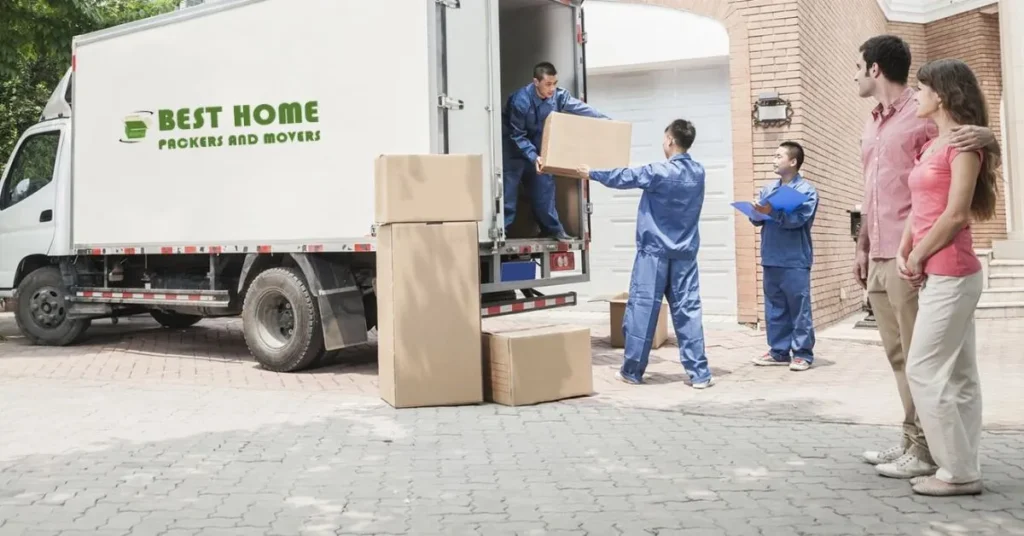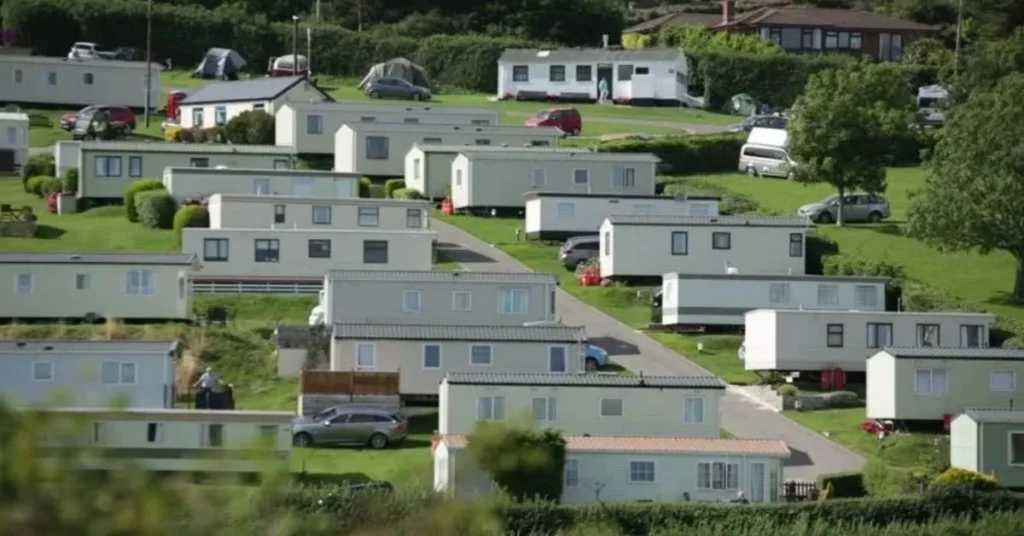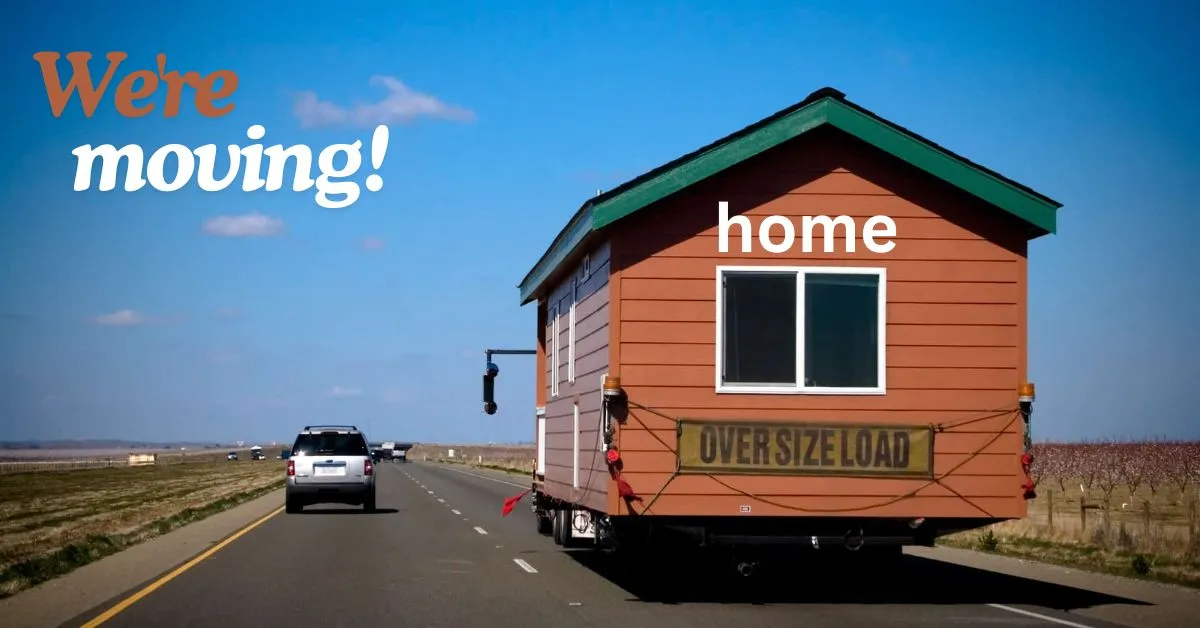Moving a mobile home for free requires careful planning and leveraging available resources. First, check for government assistance programs that may cover relocation costs. Local and state housing agencies often provide grants or loans to help with moving expenses. Additionally, some non-profit organizations offer support for those in need.
Another strategy is to partner with mobile home parks. Many parks offer incentives, such as free moving services, if you agree to move into their community. You can also negotiate with the park management for a better deal, ensuring your relocation costs are fully covered.
Consider selling or trading your mobile home. Find buyers willing to cover the moving costs or trade with another owner. DIY moving is also an option if you have the necessary tools and help. Preparing your home properly and obtaining the required permits can save money and ensure a smooth move.
Understanding the Costs and Challenges of Moving a Mobile Home
Moving a mobile home involves several costs. Transportation fees can range from $1,000 to $5,000. Permits and inspections are also required. Disconnecting and reconnecting utilities adds to the expenses.
There are several challenges too. Zoning and local regulations may restrict where you can move. The home’s condition can pose problems if repairs are needed. Finding a new location that accepts mobile homes is often difficult.
Typical Costs Involved in Moving a Mobile Home
Moving a mobile home involves several costs. Here are the typical expenses you might face:
- Transportation fees: $1,000 to $5,000
- Permits and inspections
- Utility disconnections and reconnections
- Site preparation at the new location
- Repairing any damage during the move
Common Challenges in Mobile Home Relocation

Relocating a mobile home has several challenges. Zoning laws can limit where you can move. You may need to get special permits to comply with local regulations. The home’s condition can pose problems. Older homes might need repairs before moving.
Finding a suitable new location that accepts mobile homes is often difficult.
Strategies to Move a Mobile Home for Free
Moving a mobile home for free involves using several strategies. Look for government assistance programs that cover relocation costs. Some non-profit organizations offer support for moving expenses.
Partner with mobile home parks that provide free moving services if you agree to stay in their community. Selling or trading your mobile home can also cover moving costs. Lastly, consider a DIY move with the help of friends and family.
Government Assistance Programs
Government assistance programs can help cover the costs of moving a mobile home. These programs offer grants and loans to eligible individuals. They aim to support low-income families and those in need.
- HUD offers housing grants
- State and local agencies provide relocation assistance
- Some programs cover permit and inspection fees
- Eligibility requirements vary by location and program
Non-Profit Organizations
Non-profit organizations work to help society without aiming to make a profit. They focus on various causes like education, health, and the environment. These organizations rely on donations, grants, and volunteers to support their activities.
- Non-profits have tax-exempt status, meaning they don’t pay federal income tax.
- They must use their revenue to further their mission, not for personal gain.
- They often collaborate with governments and businesses to achieve their goals.
- Transparency and accountability are crucial for maintaining public trust.
Partnering with Mobile Home Parks

Partnering with mobile home parks can be a smart investment. Here are some key points:
- Steady Cash Flow: Mobile home parks often provide a stable income due to consistent demand.
- Lower Maintenance Costs: Tenants typically own their homes, reducing maintenance expenses for the park owner.
Benefits of these partnerships include:
- High Demand: Affordable housing is always needed, ensuring a steady stream of renters.
- Tax Advantages: There can be significant tax benefits from owning a mobile home park.
- Scalability: You can easily expand by acquiring additional parks.
These points highlight the advantages and considerations of investing in home parks.
Related Article: ULTIMATE GUIDE TO LORAIN COUNTY, OHIO REAL ESTATE TRANSFERS BY OWNER
Leveraging Sales and Trades
Leveraging sales and trades for mobile homes can save money and ease relocation. Sell your mobile home to cover moving costs. Trade your home with another owner for a better location. These strategies increase flexibility and reduce expenses. Using both methods ensures a smoother and more affordable move.
Selling Your Mobile Home to Cover Moving Costs
Selling your mobile home to cover moving costs can be a practical solution. Here are some key steps:
- Find a Buyer: Look for buyers willing to cover relocation expenses.
- Negotiate Terms: Ensure the sale includes all moving costs.
- Market Effectively: Advertise your home to attract potential buyers.
This strategy helps you avoid out-of-pocket expenses. By selling your mobile home, you can secure funds for a smooth transition to your new location.
Trading Your Mobile Home
Trading your mobile home can be a cost-effective option. Here are some key points:
- Find Trade Partners: Look for other mobile home owners interested in trading.
- Negotiate Terms: Ensure the trade covers all relocation costs.
- Consult Specialists: Work with relocation experts to facilitate the trade.
This strategy helps you move without spending cash. By trading your home, you can secure a new location and minimize moving expenses.
DIY Moving Tips and Tricks
There are following DIY Moving tips and tricks.
Preparing Your Mobile Home for the Move
Preparing your mobile home for the move requires careful planning. Here are some essential steps:
Secure Belongings: Pack and protect all your belongings inside the home.
Check Structural Integrity: Ensure your mobile home is in good condition for transport.
Disconnect Utilities: Safely disconnect all utilities like water, electricity, and gas.
Obtain Permits: Get the necessary moving permits from local authorities.
Hire Professionals: Consider hiring a professional moving company for a smooth transition.
These steps help ensure a safe and efficient move for your mobile home.
Gathering Necessary Equipment and Resources

Gather the necessary equipment and resources before starting any project. Make a list of all required tools and materials. Visit local stores or order items online to ensure you have everything. Check each item off your list as you obtain it.
Organize your equipment and resources in a designated area. Keep tools and materials easily accessible. Label and store items properly to avoid confusion. Regularly review and update your list to ensure you always have what you need.
Legal and Logistical Considerations
Ensure you understand and comply with all legal requirements for your project. Plan logistics carefully to streamline processes and avoid delays.
Obtaining the Necessary Permits
Obtaining the necessary permits is essential for your project. Follow these steps:
- Research local permit requirements.
- Visit the relevant government office or website.
- Fill out the required application forms.
- Pay any associated fees.
- Submit your application and wait for approval.
- Keep your permits accessible during your project.
Ensuring Compliance with Zoning Laws
Ensure compliance with zoning laws before starting your project. Check local zoning regulations for your area. Visit the zoning office or website for detailed information. Identify the zoning category of your property. Verify that your project fits within these regulations.
If your project requires special permissions, apply for a zoning variance. Submit the necessary forms and documents. Attend any required meetings or hearings. Wait for approval before proceeding. Regularly review zoning laws to stay updated and avoid violations.
Real-Life Success Stories
Case Study: A Family’s Journey to Free Mobile Home Relocation
The Johnson family decided to move their mobile home to a better neighbourhood. They researched programs offering free or low-cost relocation services. By contacting local government offices and non-profits, they gathered information and prepared their application.
The family then coordinated with a relocation service specializing in move mobile homes. After a home inspection, the service helped plan the move. On moving day, the team arrived with the necessary equipment, secured the home, and transported it safely.
After the move, the Johnsons settled into their new neighbourhood with ease. The relocation service helped reassemble and set up their mobile home. Their journey to free homes relocation was successful due to thorough research, proper planning, and professional support.
Seek additional resources and support for your project. Contact local government offices for information on grants and assistance programs. Reach out to community organizations for guidance and support. Use online forums and social media groups to connect with others who have similar experiences.
Related Article : HOW MUCH DOES IT COST TO MOVE A MOBILE HOME IN 2024?
Additional Resources and Support

Seek additional resources and support for your project. Contact local government offices for information on grants and assistance programs. Reach out to community organizations for guidance and support. Use online forums and social media groups to connect with others who have similar experiences.
Attend workshops and training sessions to gain valuable skills. Consult with experts in your field for professional advice. Utilize libraries and online databases for research and information. Regularly update your knowledge to stay informed about new resources and opportunities.
Frequently Asked Questions
Can I move my mobile home for free?
Yes, through government programs, park incentives, or selling/trading.
What are the typical costs of moving a mobile home?
Transportation, permits, utilities, site prep, and repairs.
How do I prepare my mobile home for a move?
Secure belongings, check structure, disconnect utilities, get permits.
What challenges might I face moving a home?
Zoning restrictions, repairs, finding a suitable location.
Are there government programs for mobile home relocation?
Yes, HUD and local agencies offer grants and loans.
Conclusion
Moving a mobile home can be a complex but manageable process with careful planning and utilization of available resources. By exploring government assistance programs individuals can potentially offset relocation costs.
Understanding the typical expenses and challenges involved is crucial for a successful and cost-effective move. Overall, leveraging these strategies can lead to a smoother transition and significant savings in moving a mobile home.

Paul Mitchell, our website’s author, leverages 6 years of business expertise to provide insightful content. His wealth of experience enriches our platform, offering valuable insights for our readers.











